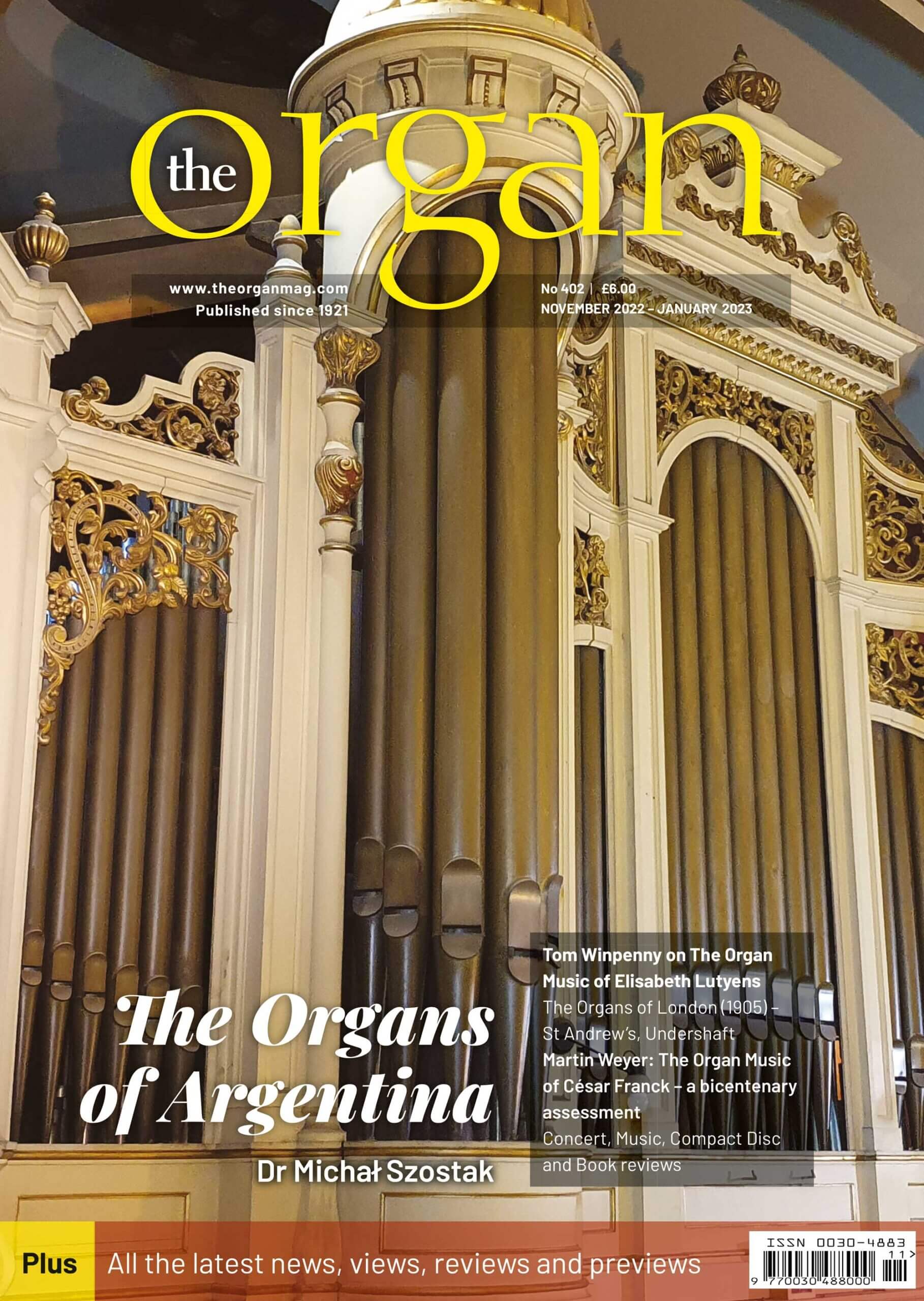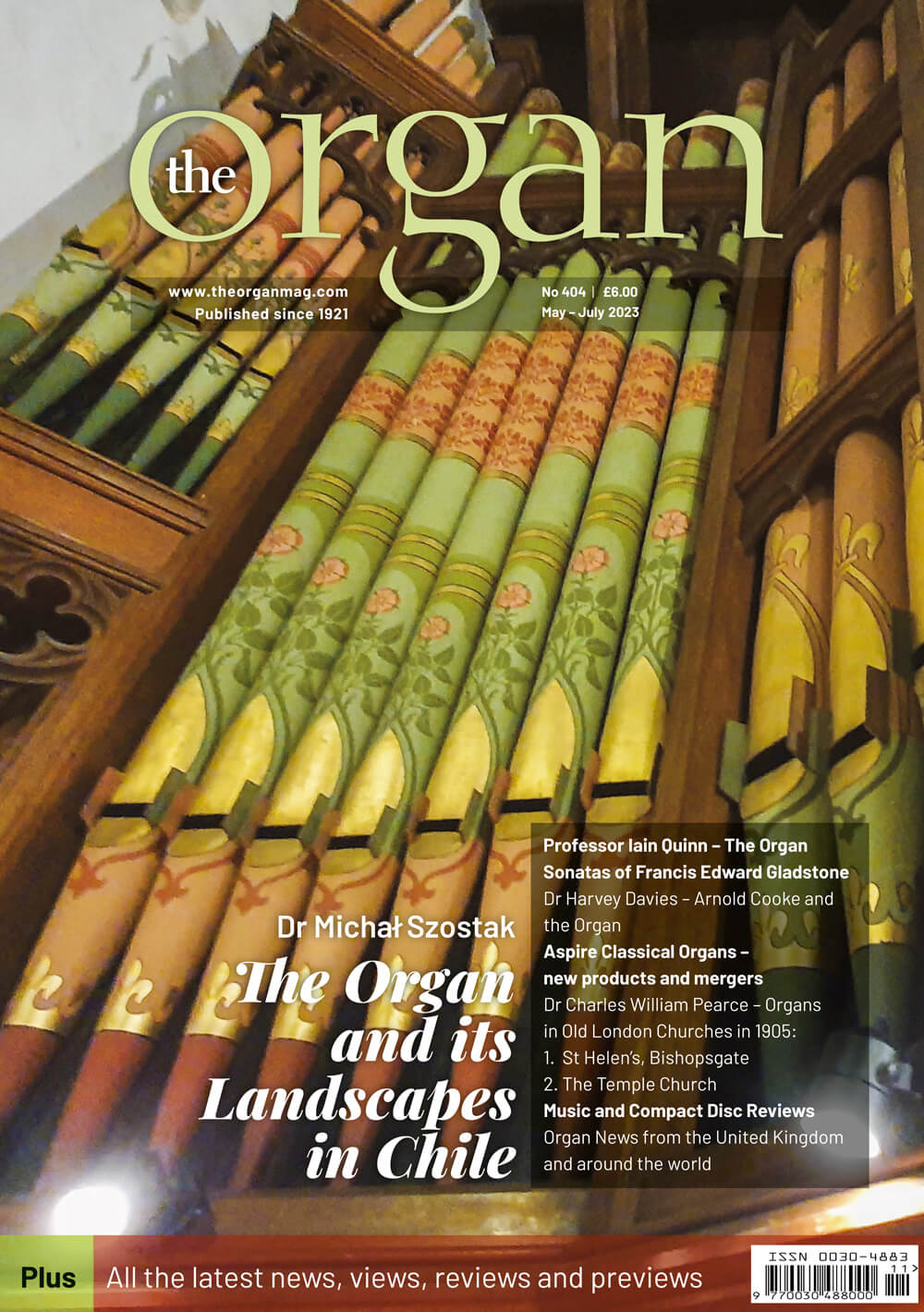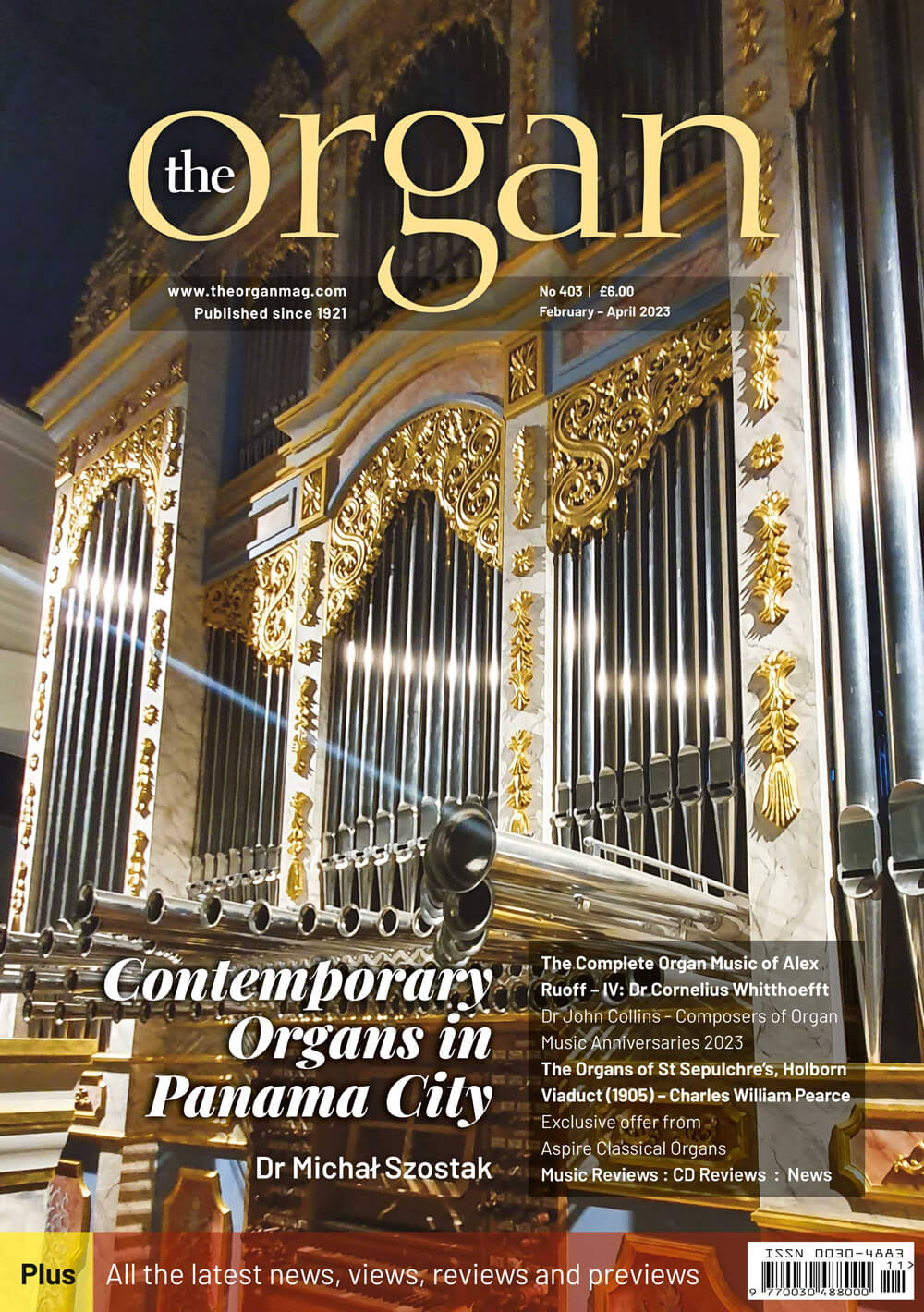Previous Issues
Spring 2024. 1538
Autumn 2023. 1536
Summer 2023. 1535.
Spring 2023. 1534.
Winter 2022. 1533.
Autumn 2022. 1532.
Summer 2022. 531.
Following the dispicable and illegal invasion of Ukraine, the Summer 2022 edition of Musical Opinion carries a large article about Sergei Prokofiev, arguably its most famous composer along with an overview of the Ukrainian classical music scene over the last one...
Spring 2022. 1530.
Winter 2021. 1529.
Autumn 2021. 1528.
Summer 2021. 1527.
Spring 2021. 1526.
Winter 2020. 1525.
Autumn 2020. 1524.
Summer 2020. 1523.
Spring 2020. 1522.
Winter 2019. 1521.
Autumn 2019. 1520.
Summer 2019. 1519.
Explore By Topic
Winter 2023. 1537
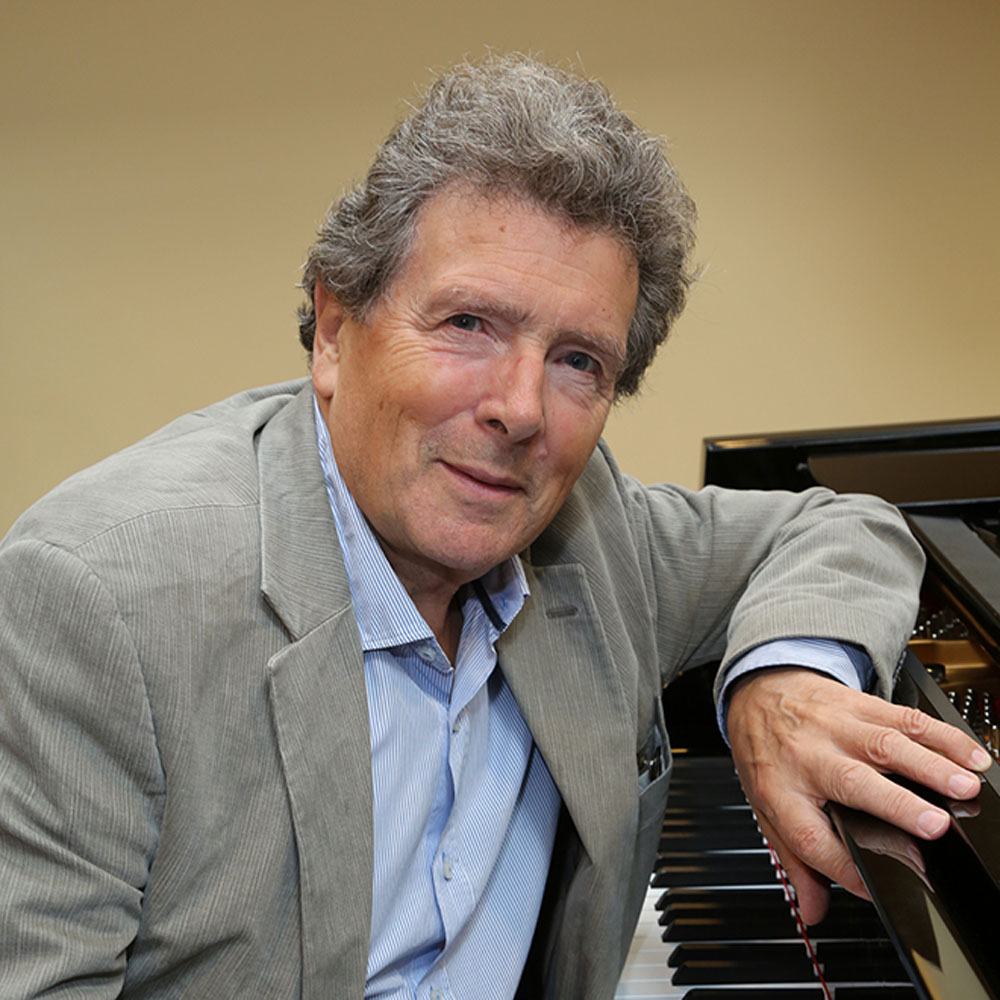
Aspects of the Concert Orchestral Music of Howard Blake
Robert Matthew-Walker
In November 2023, SOMM Recordings will issue a new CD of several of Howard Blake’s orchestral works conducted by the composer. In this article, the Editor discusses the works which will shed a new light on the composer’s prolific output of concert music.
Writing of Howard Blake in 1988, the late Christopher Palmer began: ‘Popular music – that is, music for the people – is very difficult in almost every way: difficult to write (well), to perform (well), to record, to market. Most of all it is difficult for “serious” musicians and critics to come to terms with. Their difficulty with popular music lies ironically in the one way in which, per se, it is not difficult at all: namely to appreciate, to listen to, to enjoy. The English seem always to have had a problem with enjoyment. They tend to be suspicious of, even dismissive of, anything which makes too strong or direct an appeal to the senses and fails to engage the intellect. Consequently the dividing line between popular and serious music – or if you like between pop and art – has always been more rigidly defined here than in America, where they had Leonard Bernstein to demonstrate that one could be lecturing at Harvard one day and rehearsing a Broadway musical the next. Things are somewhat better now – largely due to the pioneering efforts of André Previn and others – but still bad enough to ensure that people like Howard Blake have had a hard time gaining not so much popular as critical acceptance.’
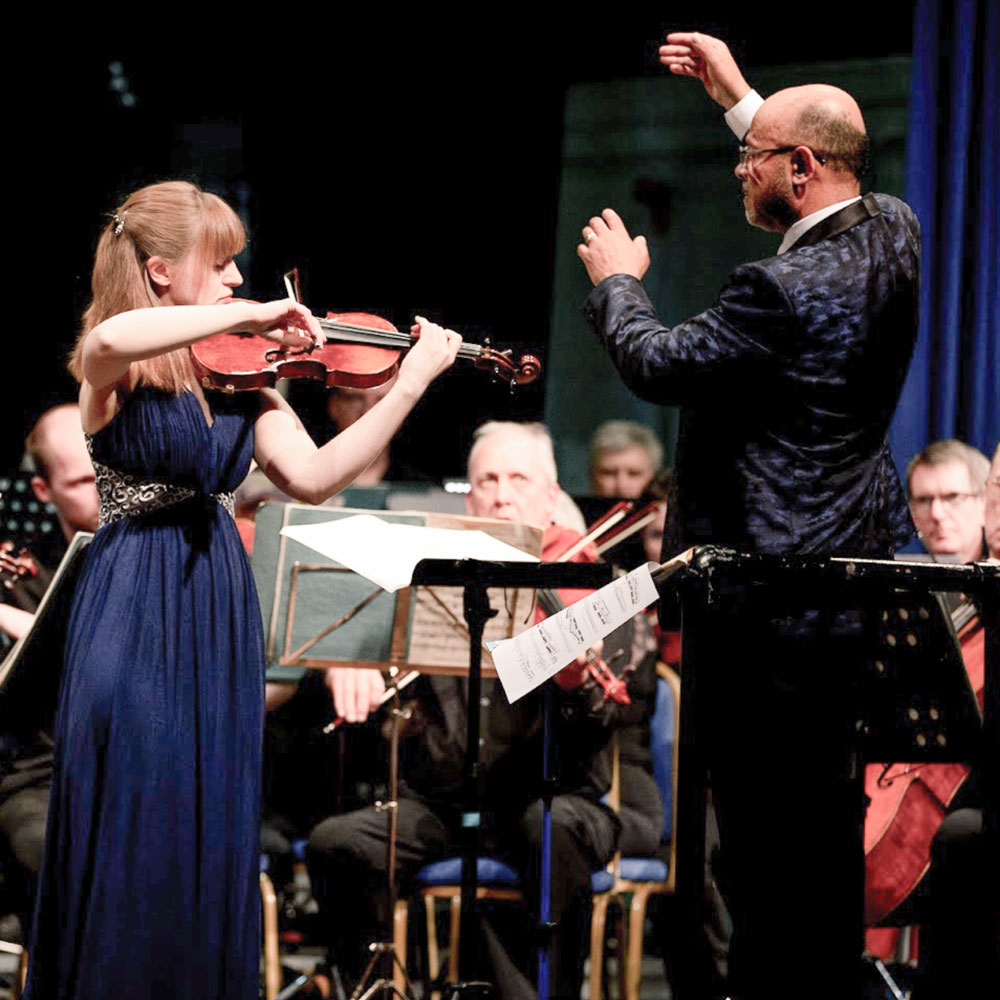
Amateur orchestras: can classical music survive without them?
Leon Bosch
The classical music business in the United Kingdom views amateur orchestras with indifference at best, and a sneering contempt at worst.
But any objective analysis of the contribution that amateur orchestras make to the health of the United Kingdom’s classical music infrastructure will surely confirm that they are integral to the dynamism of British orchestral music. Amateur orchestras constitute the foundations of the hierarchical classical music pyramid upon which the entire industry is built and crucially depends.
Though keen to acknowledge the importance of youth orchestras to the future of classical music, and its struggle for relevance and survival in 21st-century Britain, I detect no urgency on the part of ‘the powers that be’ to recognise, let alone nourish the health of the amateur orchestra sector that contributes to the musical economy on such a grand scale.
A cursory look at the website of Amateur Orchestras UK is both revelatory and mind-boggling: it reveals an almost endless listing of orchestras and ensembles of almost every description throughout the UK. There are many more orchestras than one would imagine, and the fact that so many people are actively involved in classical music should be a cause for celebration and a call to action.
Whilst professional orchestras benefit from a representative body – the Association of British Orchestras – that relentlessly pursues their best interests, there is no equivalent body to represent amateur orchestras. Amateur orchestras don’t have a seat at the table, so it is not surprising therefore that they do not benefit from any dedicated central funding.
Ought there perhaps to be an Association of British Amateur Orchestras?
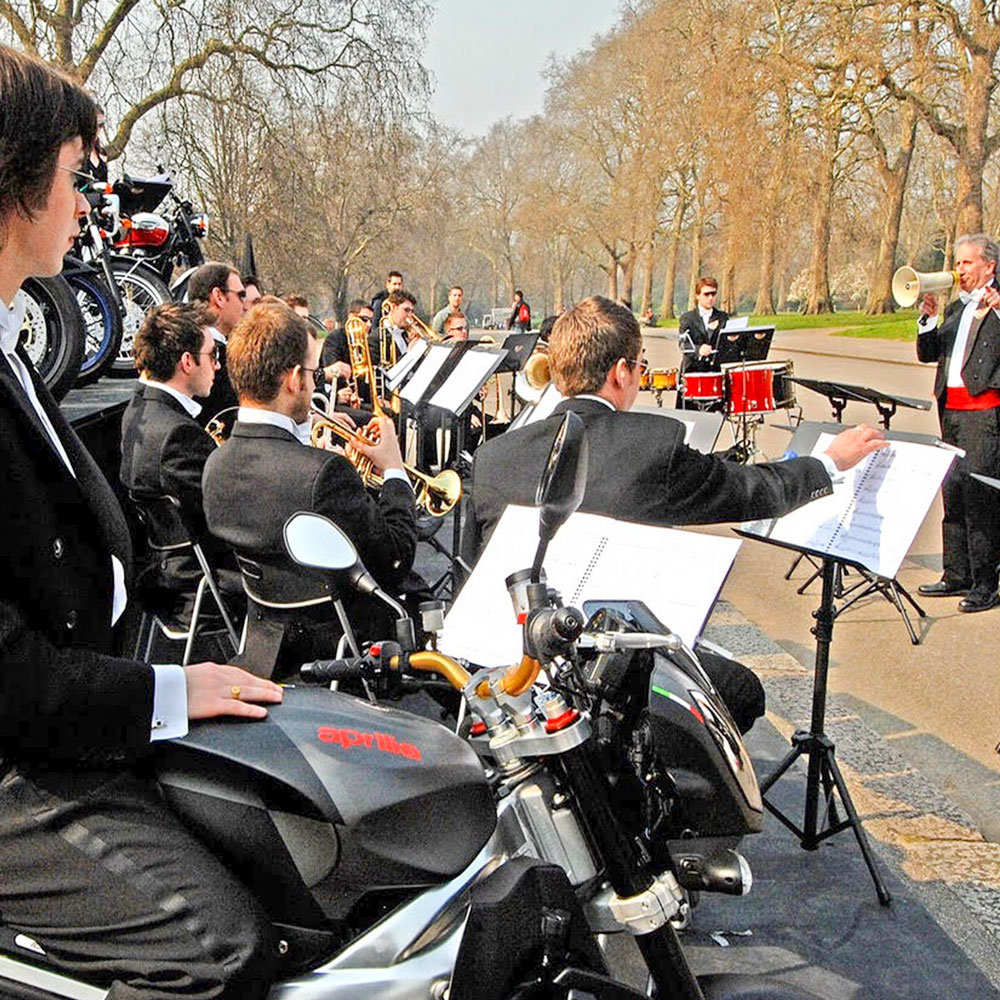
Stephen Montague at 80
Malcolm Miller
Two world premieres and riveting performances of orchestral-choral works painted a vivid and varied birthday portrait of American-born British composer Stephen Montague at a capacity filled St John’s, Smith Square, London, on March 16th 2023. ‘Snakebite: Stephen Montague at 80’ offered an exhilarating snapshot of works spanning four decades by a original musical personality renowned as a foremost ambassador of new music at the cutting-edge of contemporary experimentalism, and for the wider community.
The concert opened (and closed) with characteristically zany Montague-esqueries: seemingly standing up to introduce the programme, the composer himself took to the microphone and addressed the audience, “Good evening Ladies” and weeeishoosh…. a high-pitched shriek emanating from the loud speakers with ear-splitting feedback threatened to mar the entire evening – until, after repeated attempts, Montague took control and with his hand movements guided the feedback sounds, theremin-like, into lusciously lyrical melodies, a brilliant ‘coup de theatre’ which had us the audience, mesmerised.
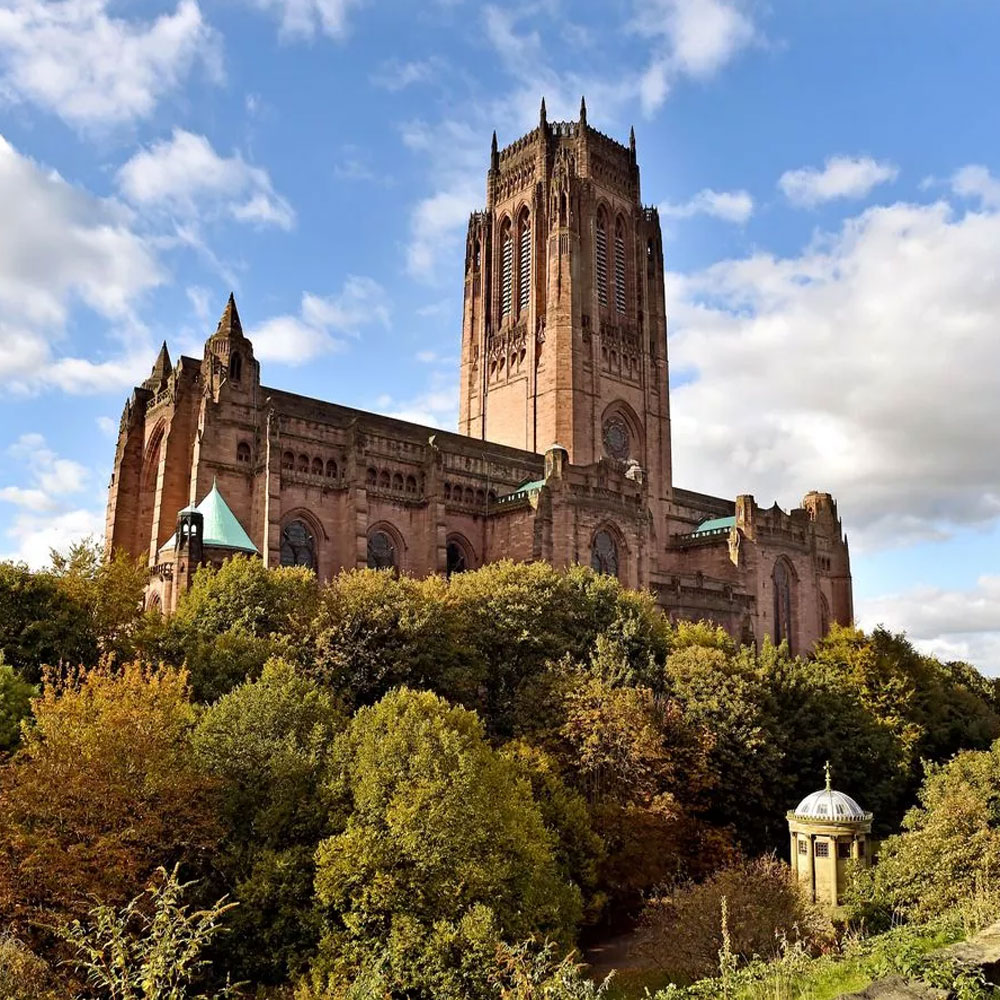
Programmes from the Past
Monica McCabe
Any aficionado of TV antiques programmes will be aware how often priceless treasures seem to turn up in garden sheds. Recently a nephew of mine, trying to urge me on in my down-sizing efforts, hefted a large cardboard box of paper material, wrapped in a black polythene sack, from the depths of the shed. It had been there for more than 20 years, and I had forgotten its existence. He obviously considered that it was ripe for the paper-waste bin, and was taken aback by my cry, ‘This is all amazing stuff’. Grubby and stained as it was, it was indeed fascinating, if probably not priceless, for the box contained a large quantity of concert programmes dating from nearly three-quarters of a century ago, and the contents were illuminating not only in musical history, but also in societal terms. The programmes are from two northern orchestras, the Liverpool Philharmonic Orchestra (later Royal), and the Halle, and the earliest collection is from Liverpool, starting with a concert syllabus for 1949/50, and running from then onwards to the early 1970s. In fact two programmes pre-date this Syllabus, namely 13th February and 12th April 1949. The former has a fairly basic Sunday afternoon concert (these seem to be a little lighter in content than the Tuesday ‘Subscription Concerts’). It began with a Weber Overture, followed by the Khachaturian Violin Concerto, the Saint-Saëns Introduction and Rondo Capriccioso and the Franck Symphony in D minor.
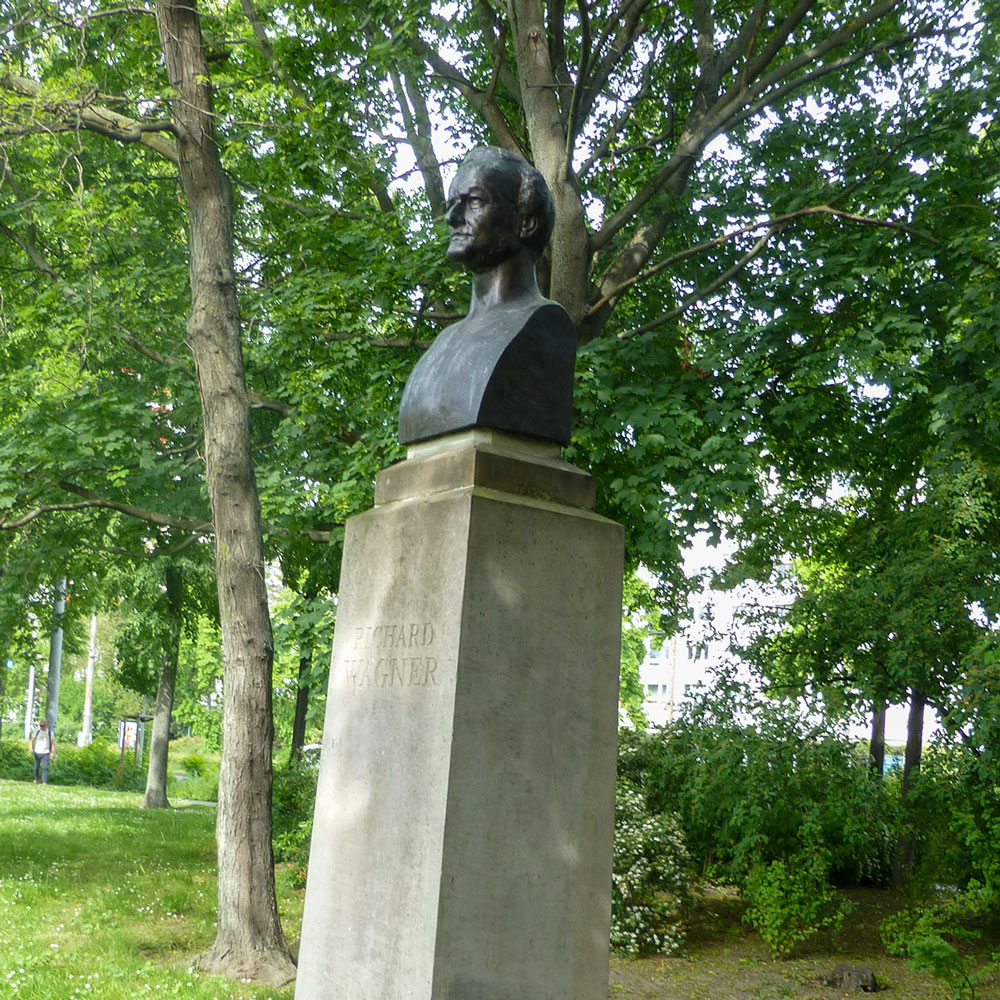
Leipzig and Dresden – two centres of world music
Gregor Tassie
The cities of London, Paris, Vienna and Berlin are renowned centres for classical music; however, Leipzig and Dresden enjoy an important position in the history of music; composers such as Bach, Mendelssohn, Schumann, Mahler, Grieg, Eisler, Lortzing, Schütz, Shostakovich and Weber all lived and worked in Saxony. Today, the cities are flourishing and extending the traditions of German and world art.
I should confess some bias – I have long admired the richly opulent sound of the Leipzig Gewandhaus Orchestra and the verdant strings of the Dresden Staatskapelle Orchestra and their golden brass through their recordings of Beethoven, Brahms, Strauss and Wagner. At a time of the cold war and the rarity of hearing them in concert, these recordings demonstrated that their glorious musical traditions were alive and well. This spring, I had the pleasure of visiting the two Saxon cities and hearing their music-making first-hand. Firstly, I visited Leipzig at the height of the Mahler Festival and just an hour’s travel away, the Dresden Music Festival.
Arriving at the Leipzig Railway Station, one is struck by its huge structure with the cavernous roof and massive proportions – amazingly, it survived the bombing of the last war. Sadly, that was not the fate of the Leipzig Opera, just a short distance away, which was rebuilt in 1960. Opposite the opera, on Augustus Platz, is the new Gewandhaus Concert Hall rebuilt in 1981.

